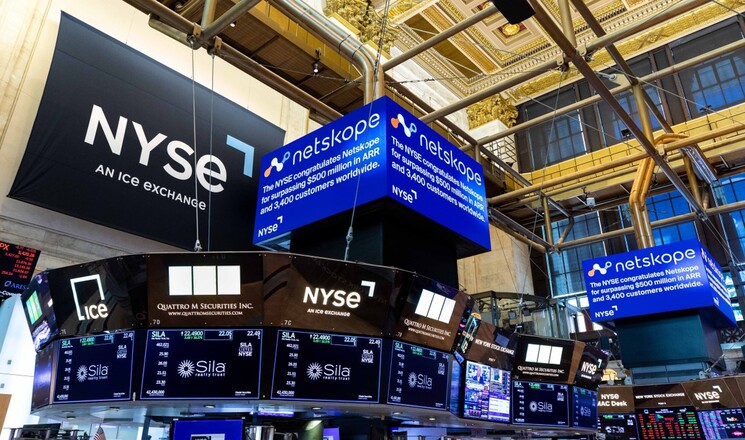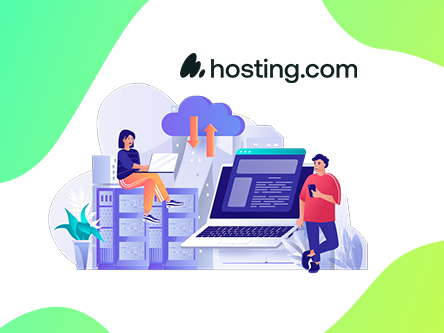
Netskope, a global provider of modern network and cloud security technology, has announced a new partnership with managed security service provider NEVERHACK to deliver a fully managed Security Service Edge (SSE) solution. The jointly developed service integrates the Netskope One platform with NEVERHACK’s 24/7 security operations expertise.
This would give organizations a unified, turnkey approach to securing data, users, and cloud environments.
The partnership comes at a time when enterprises face rapidly expanding attack surfaces, driven by hybrid work, cloud adoption, and AI-driven threats. Cybersecurity leaders increasingly struggle with fragmented toolsets, limited internal resources, and the rising complexity of managing cloud security policies at scale. Netskope and NEVERHACK aim to address these challenges with a managed offering that pairs best-in-class SSE capabilities with continuous monitoring and expert threat response.
A Fully Managed SSE Approach
At the core of the collaboration is the Netskope One platform, a tightly integrated cloud-native security stack that consolidates Secure Web Gateway (SWG), Cloud Access Security Broker (CASB), Zero Trust Network Access (ZTNA), Remote Browser Isolation (RBI), unified data security, SD-WAN, FWaaS, and digital experience monitoring into a single ecosystem.
NEVERHACK’s global MSSP operations layer 24/7 threat detection, response, and intelligence onto the platform. Their SOC analysts continuously monitor customer environments, correlate cross-domain telemetry -including from firewalls and endpoint detection tools – and take immediate action on malicious activity.
Key service capabilities include the following:
- 24/7 Managed Threat Detection & Response: NEVERHACK SOC teams use Netskope’s analytics to detect threats in real time and perform proactive threat hunting
- Unified Threat Intelligence: Correlates signals from disparate security tools into a contextual threat picture for faster triage and reduced alert fatigue
- Automated Remediation: New indicators of compromise feed directly into Netskope One, updating global security controls to block emerging threats
- End-to-End Data Protection: Safeguards sensitive data across SaaS, web, private applications, and remote endpoints
- Zero Trust Access Enforcement: Delivers secure, segmented connectivity to private apps without exposing network infrastructure
- Compliance and Operational Efficiency: Aligns policies to regulatory requirements while reducing internal workload and tool sprawl
Strengthening Zero Trust for Cloud and AI
Netskope emphasizes that the cloud and AI era requires a dynamic, context-aware security model built on Zero Trust principles. As organizations face increasingly autonomous attacks and cloud-native exploitation, SSE has become a foundational component of modern enterprise security architectures.
“The cloud and AI era demands a security model that can keep pace,” said Julien Fournier, Vice President for Southern Europe at Netskope. “By combining NEVERHACK’s expert security operations with the real-time capabilities of Netskope One, we’re giving customers a truly differentiated, turnkey SSE solution.”
NEVERHACK’s leadership says the partnership reduces complexity for organizations overwhelmed by cloud security management.
“This joint offering is not just a tool deployment – it’s a managed outcome of continuous cyber resilience,” said Michael Berdugo, Managing Partner at NEVERHACK. “Our SOC is now leveraging Netskope’s granular visibility to enrich alerts, reduce false positives, and drive immediate incident response.”
Executive Insights FAQ: Zero Trust and SSE
What is Security Service Edge (SSE)?
SSE consolidates cloud-delivered security – SWG, CASB, ZTNA, and data protection – into a unified platform designed to secure users, devices, and data anywhere.
How does SSE support a Zero Trust strategy?
SSE enforces identity-, device-, and context-based access controls, ensuring no user or workload is trusted by default – critical for hybrid work and cloud environments.
Why is Zero Trust important for AI-era threats?
AI-driven attacks automate lateral movement and privilege escalation. Zero Trust reduces attack surfaces and limits blast radius through segmentation and continuous validation.
How does managed SSE differ from traditional MSSP services?
Managed SSE integrates cloud-native controls with SOC operations, enabling real-time policy enforcement and automated response across SaaS, web, and private apps.
What benefits does unified threat intelligence bring?
It correlates signals across security domains, reducing false positives and enabling faster detection of multi-vector cloud attacks.
How does SSE improve incident response speed?
Automated IOC ingestion and policy updates block threats globally within seconds – removing manual bottlenecks typical in legacy security environments.
What role does ZTNA play in securing hybrid work?
ZTNA replaces VPNs by granting application-specific access rather than network access, minimizing exposure and preventing lateral movement.
Is SSE suitable for organizations with limited internal security staff?
Yes. Managed SSE offloads policy management, monitoring, compliance alignment, and threat response – making enterprise-grade cloud security accessible to lean teams.

